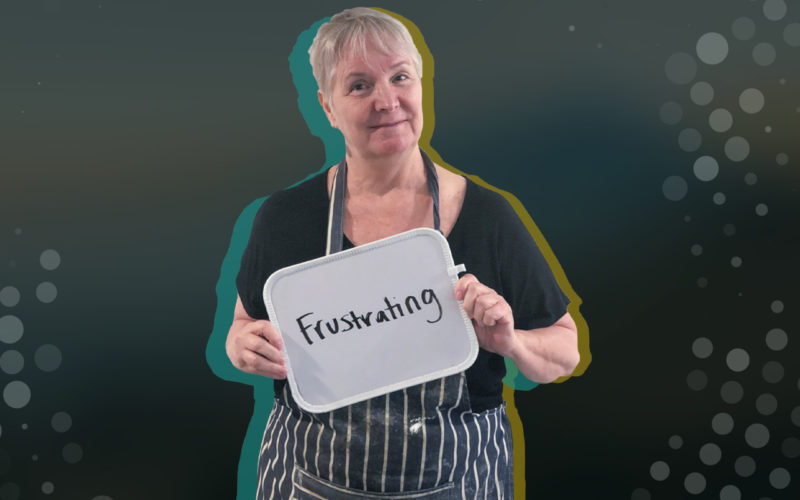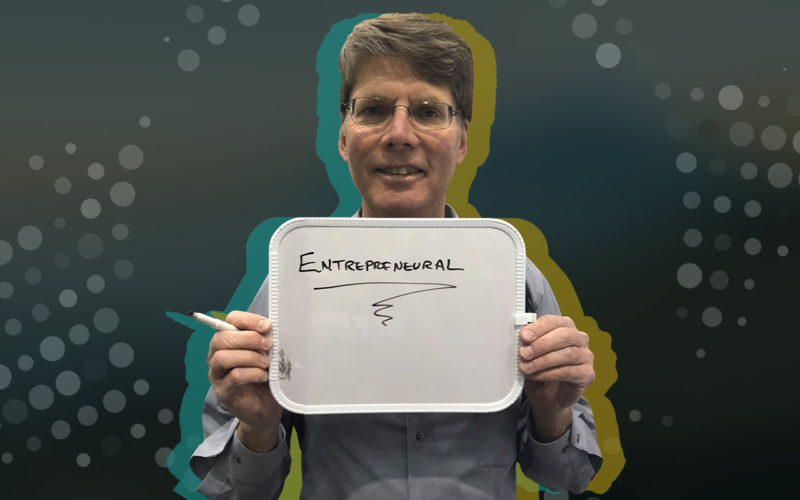Episode 33 – Aeslin Pup Hub, Brick and Mortar for All Your Pet Needs
Leah says she feels “conflicted” about doing business in the city of Chicago. Sometimes the red tape, regulations, and seemingly exorbitant cost of doing business makes it difficult to spend the money where it matters most — her staff. Despite the growing pains, what’s next for the Aeslin pet family?











Recent Comments